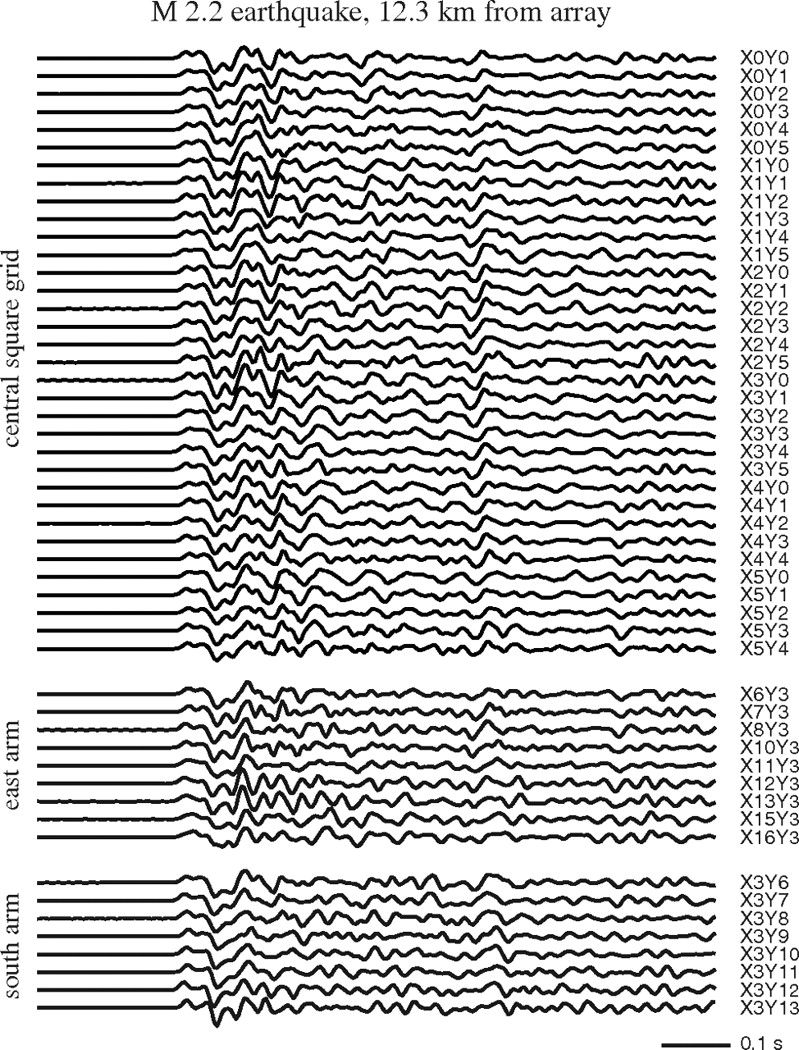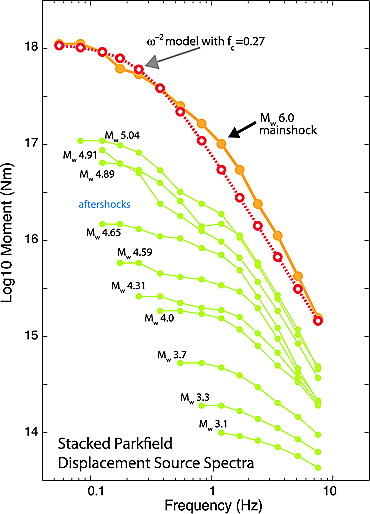The Multitaper Spectrum Estimation Library
The paper has recently been accepted in Computers & Geosciences. A preprint is available in the Publications section. The new release has a set of simple codes to reproduce the figures in the paper.
If you have any comments about this library, or would like to suggest any improvements in the presentation, download, documentation, etc, please let me know.
How do I compile the library?How about documentation?
Where do I download the source code?
How do I compile the Library?
The first thing you need to do, is of course download the source code (below) and have a F90 compiler (the free compiler G95 NOW does work with this code) available.
Download, unzip and untar the file into a given directory, which we will call ~/mtspec/
Simply look for the appropriate Makefile in the makefiles/ folder and the make.inc file. The newest version requires the FFTW3 libraries to be available. Type make. In most cases there is no need to edit anything. Some test programs to replicate the figures in the paper are available at ~/mtspec/examples. The Makefile compiles this programs as well.
topHow about documentation?
The documentation is now up to date. mtspec.pdf, programs.pdf
New Updates
May 2005
I added capabilities to input/output single precision data. Also, I added estimation of dual-frequency coherence. Documentation is not ready, but there is an example to start with.
February 2008
I recently submitted a paper about this library to Computers & Geosciences. The new release has a set of simple codes to reproduce the figures in the paper.
April 2008
Revised version of the codes. Thanks to anonymous reviewers for comments. The new release has new interactive programs to play with the different parameters and methods. The user does not need to know any Fortran to run this programs.
Compatible with G95, gfortran, and other compilers in Mac, Linux and Sun computers.
February 2010
Revised version of the codes. The newest release takes advantage of the FFTW libraries. You need to have the FFTW lirary libfftw3.a, since the library is to be included in the multitaper library.
Download
| 26/05/2005 | Version 1.01 | mtspec.tar.gz | Tar and gzipped file |
| 20/03/2006 | Version 1.02 | mtspec.tar.gz | Tar and gzipped file |
| 06/04/2006 | Version 1.03 | mtspec.tar.gz | Tar and gzipped file |
| 10/01/2007 | Version 1.04 | mtspec.tar.gz | Tar and gzipped file |
| 10/01/2007 | Version for the Sun Compiler | mtspec.tar.gz | Tar and gzipped file |
| 11/02/2008 | Version 2.00 | mtspec.tar.gz | Tar and gzipped file |
| 05/04/2008 | Version 2.01 | mtspec.tar.gz | Tar and gzipped file |
| 27/02/2009 | Version 3.1 | mtspec.tar.gz | Tar and gzipped file |
| 20/02/2010 | Version 4.2 | mtspec.tar.gz | Tar and gzipped file |

